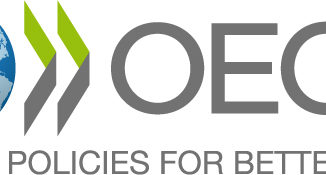
Multinational






COVID-19 and the future of Pillar one
Oliver Treidler, CEO, TP&C GmbH, Berlin, considers how the COVID-19 crisis will likely affect global negotiations to reform the taxation of multinational groups, noting that a delay could give transfer pricing practitioners time to formulate an alternative, updated, concept of value creation to replace Pillar one’s formulaic elements . . .









OECD issues welcome guidance on tax treaty issues arising from the COVID‑19 crisis
Jian‑Cheng Ku, Gabriël van Gelder, and Mehdi el Manouzi of DLA Piper Nederland N.V., Amsterdam, discuss April 3 guidance released by the OECD Secretariat addressing how governments should apply standard tax treaty provisions when multinational group taxpayers or their employees are forced to change their behavior to comply with COVID‑19 travel restrictions and quarantines . . .



Dutch corporate tax residency and substance may be affected by COVID-19 quarantine and travel restrictions
Jian Cheng Ku, Gabriël van Gelder, and Mehdi el Manouzi, of DLA Piper Nederland N.V., Amsterdam discuss the potential impact on multinational group taxation if companies follow Dutch restrictions on public gatherings and travel in response to the coronavirus emergency, including the effect on Dutch substance and tax residency provisions, . . .





















137 countries adopt “unified approach” but global tax deal remains uncertain
In a statement released after their January 29–30 meeting, 137 countries that make up the “Inclusive Framework on BEPS” renewed their commitment to try to reach an agreement on an update to the tax rules for multinational groups by the end of 2020 using a two-pillar approach. The member countries also adopted the OECD’s proposed “unified approach,” with important modifications and clarifications, as the basis for further negotiations on pillar one . . .
